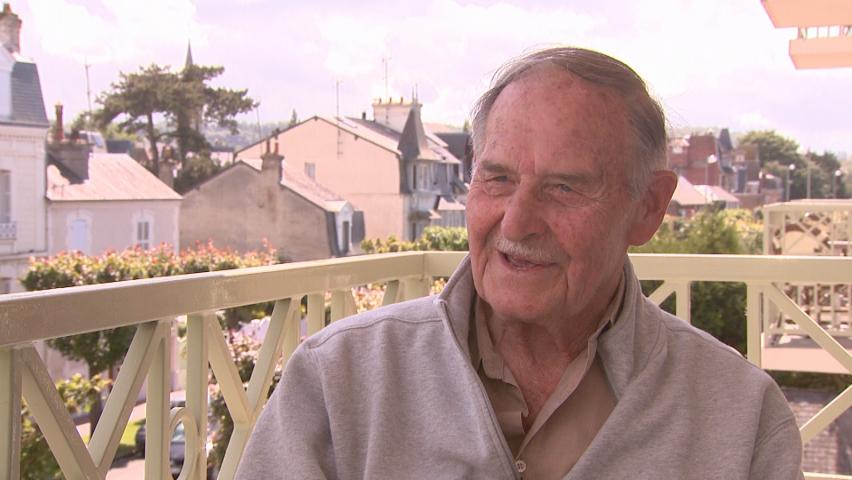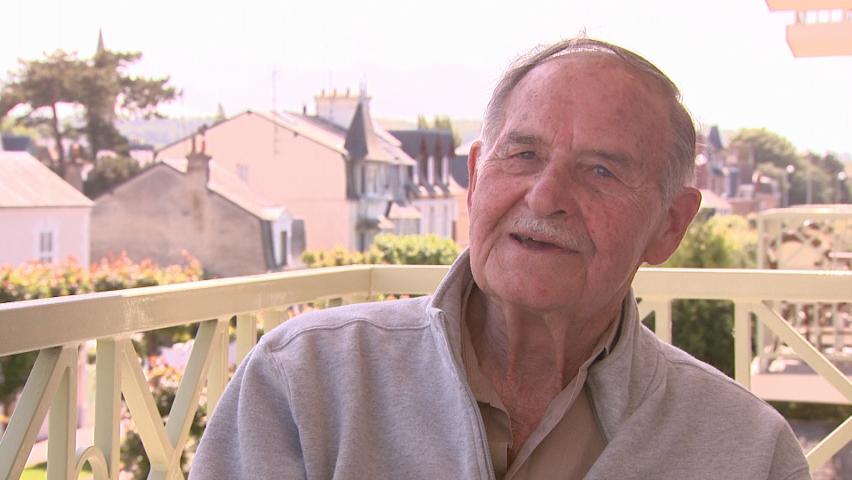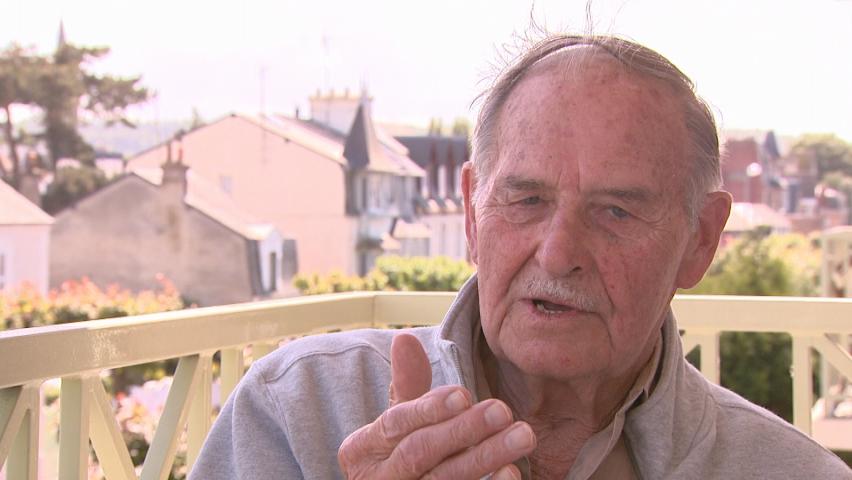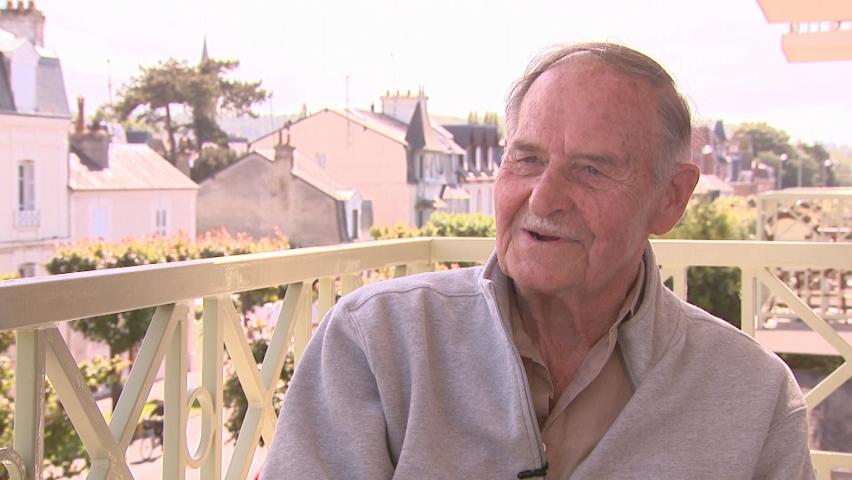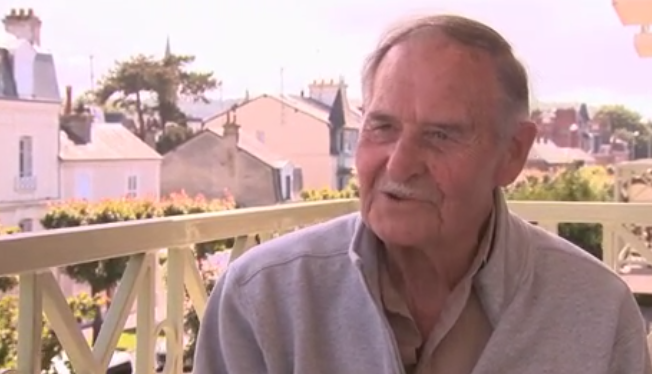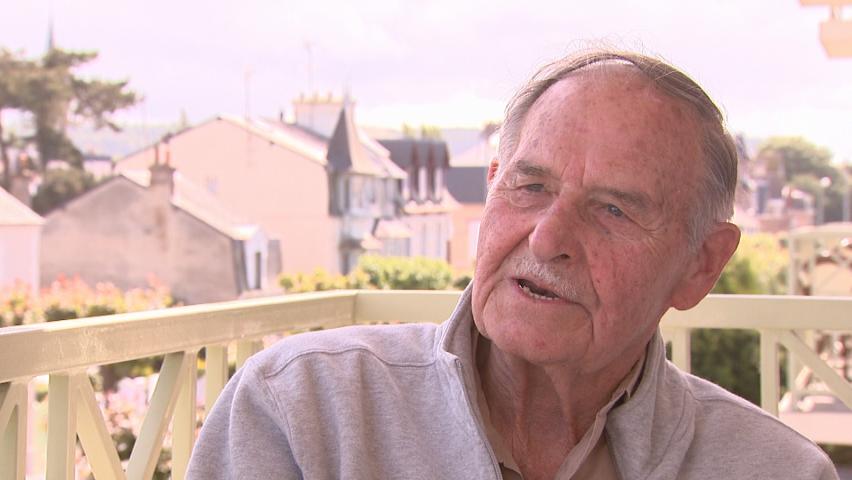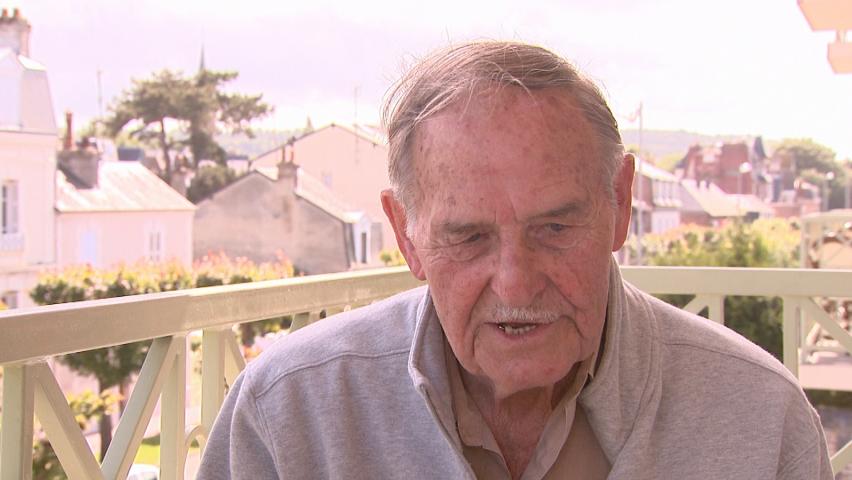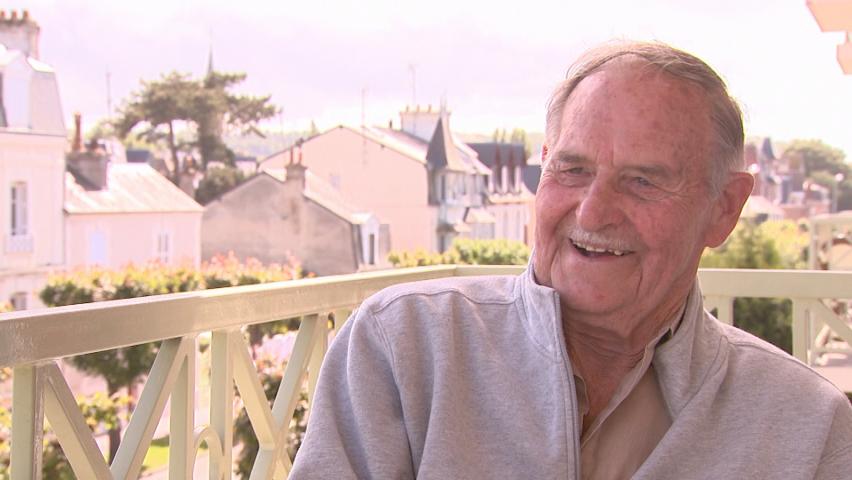Counter Attacks Against the Germans
Heroes Remember
Counter Attacks Against the Germans
Transcript
Description
Mr. Barr details actions of the Canadian Army against the German 12 SS Division during the Normandy battle.
Vernon Barr
Mr. Vernon Barr was born November 11, 1921 in Cobourg, New Brunswick. Growing up in the shadows of the great war, Mr. Barr witnessed the return of Veterans and this left a lasting impression on him. Later in life when war was again declared, he volunteered to serve and became part of the 3rd Canadian Infantry Division as a signals/wireless operator holding rank of corporal. Mr. Barr travelled overseas on the O’Ryan and was part of D- Day and the Battle of Normandy. He remains very proud of his service during the Second World War. Postwar and back in Canada, Mr. Barr and his family moved to Wolfville, Nova Scotia where he resides today.
Meta Data
- Medium:
- Video
- Owner:
- Veterans Affairs Canada
- Recorded:
- June 3, 2014
- Duration:
- 3:12
- Person Interviewed:
- Vernon Barr
- War, Conflict or Mission:
- Second World War
- Location/Theatre:
- France
- Battle/Campaign:
- D-Day
- Branch:
- Army
- Units/Ship:
- 3rd Canadian Division Signals Corp
- Occupation:
- Signalman
Related Videos
- Date modified:



